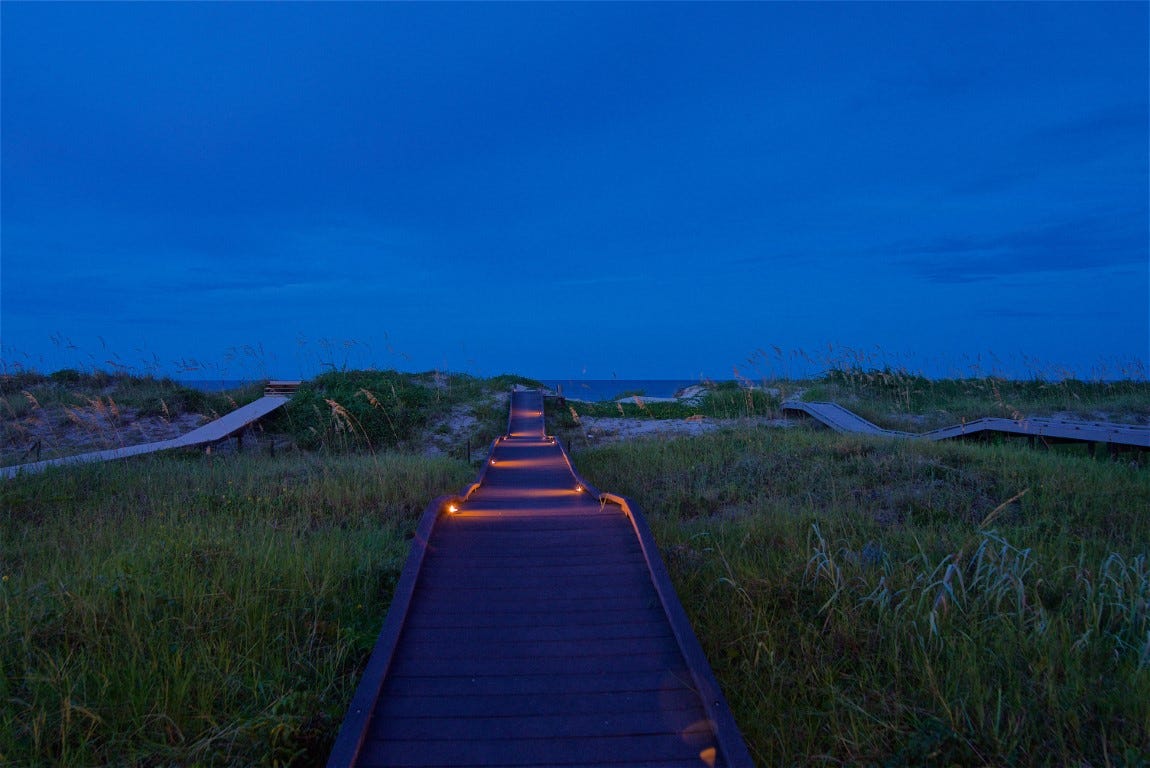New circadian info for your industry.
Every industry needs leaders in applied circadian science.
Hi,
Who needs to understand circadian rhythms? And where is all this information coming from? I started learning about circadian rhythms when I was suffering from rashes that wouldn't go away, and I wrote that story here:
That embarrassing story has been one of my most well-read ones so far! But circadian health turns out to be a much bigger story than my own little woes.
To write this newsletter, I have learned from many different industries—from Assisted Living to Wildlife Management. I thought I would make a list of the main perspectives on circadian wellness I have found so far. Who knows! Maybe you are in one of these industries, and could help advance your own workplace along this circadian path.
Assisted living. Sunsetting is a common problem among people with dementia. Adopting more circadian lifestyle choices is the only known-cure for this condition.
Corporate. Management teams are all about measuring and improving product…





